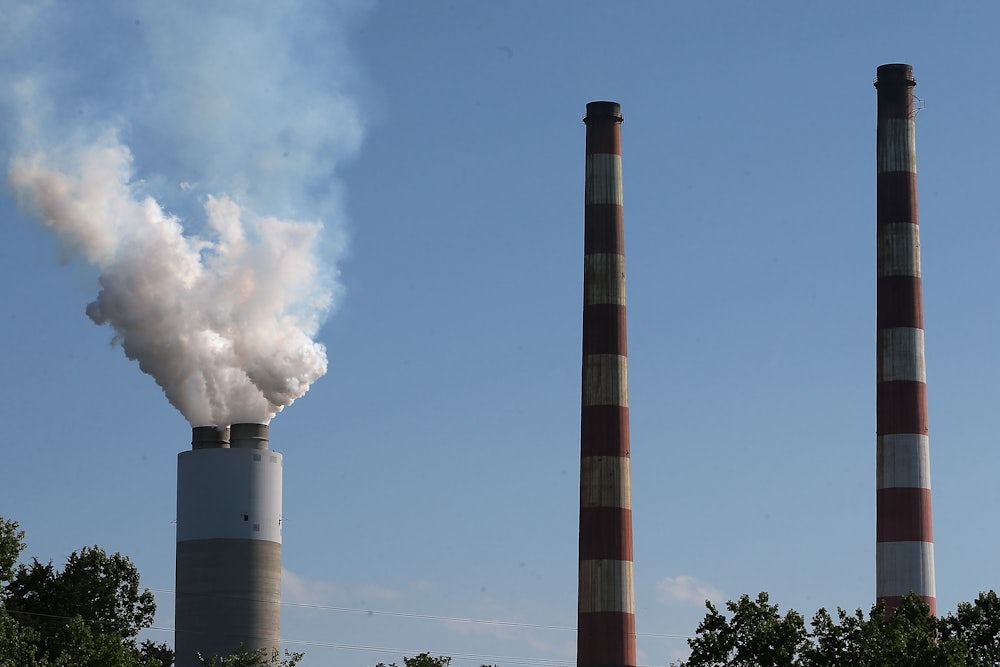Last night, Oregon became the first state to pass a bill eliminating coal from its menu of energy options. The measure is expected to decrease carbon pollution in the West by 30 million metric tons. Senate Bill 1547 B calls for utility companies to eliminate electricity from coal by 2035 and provide customers with 50 percent of their energy from renewables by 2040. Currently, about 33 percent of the state’s electricity comes from coal.
The Oregon Public Utility Commission, the state’s two largest utility companies, and environmental and advocacy organizations contributed to drafting the legislation. The bill will head to the governor, who has indicated her support, for her signature.
The coal industry has had a hard couple years. At least four of the country’s largest producers have declared bankruptcy, natural gas is eclipsing coal’s dominance, and the Paris agreement further stigmatized its use—and that’s not to mention President Obama’s “war on coal.” It remains to be seen if other states will follow suit on what environmentalists are calling a “bold new course.”
